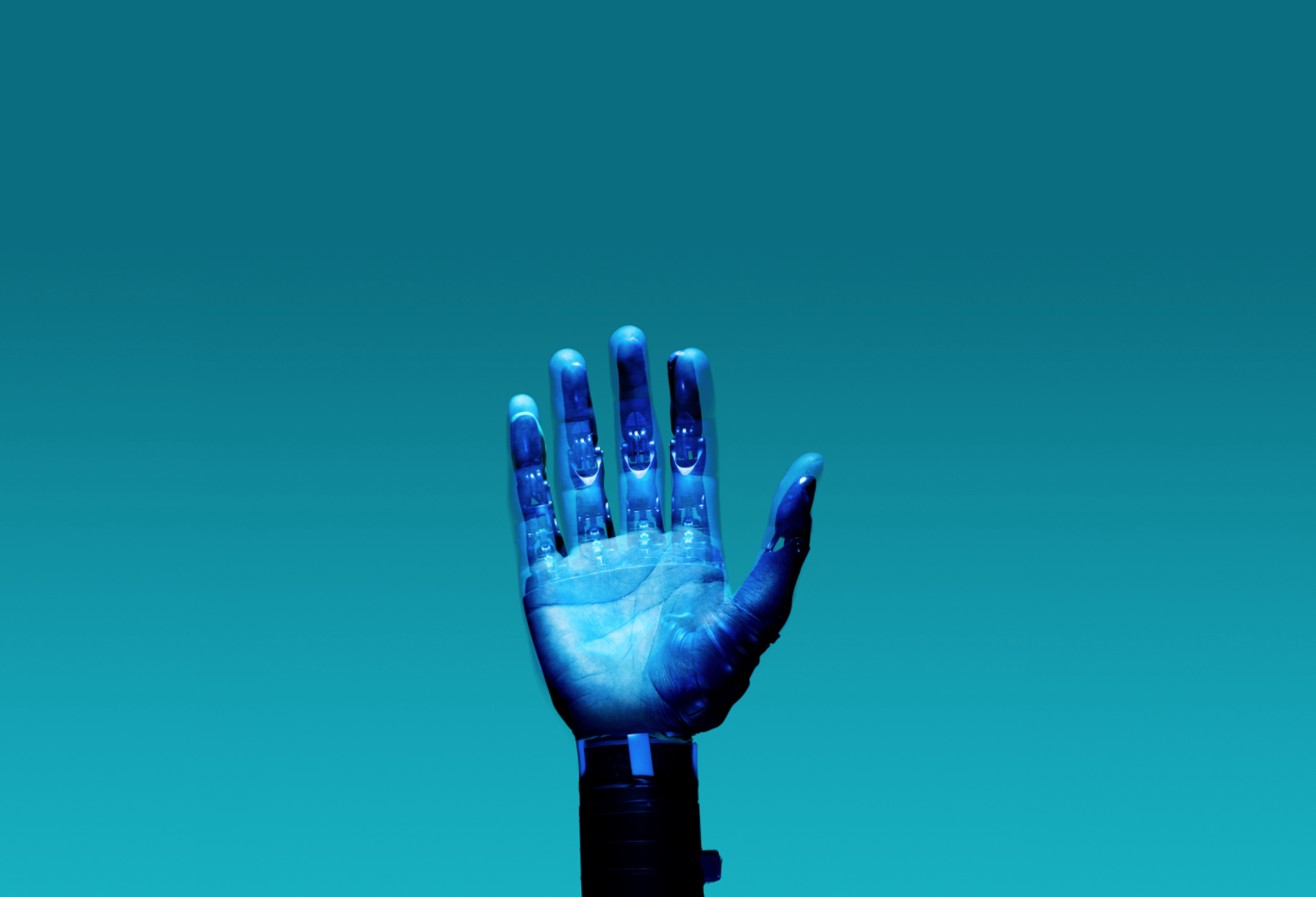
Technically Human is a podcast about ethics and technology that
asks what it means to be human in the age of tech. Each week, Professor Deb Donig interviews industry leaders, thinkers, writers, and technologists, and asks them about how they understand the relationship between humans and the technologies we create. We discuss how we can build a better vision for technology, one that represents the best of our human values.

Bad Input: Raising public awareness about AI bias
Earlier this year, Consumer Reports, in collaboration with the Kapor Center, debuted "Bad Input," three short films that set out to explore and to create public awareness about how biases in algorithms/data sets result in unfair practices for communities of color, often without their knowledge.
In this episode of the show, I talk to Lily Gangas, Chief Technology Community Officer at the Kapor Center, and Amira Dhalla, Director of Impact Partnerships and Programs at Consumer Reports, about the film and about state of AI at the intersection of race and equity, and the importance of educating the public if we want to see change in the future of AI and human values.

Instituting Greenlining: how policy can promote digital inclusion
In today’s episode, I sit down with Vinhcent Le, Senior Legal Counsel of Tech Equity at the Greenlining Institute, an organization that works towards a future where communities of color can build wealth, live in healthy places filled with economic opportunity, and are ready to meet the challenges posed by climate change. We talk about the possibilities and limitations of regulation to address inequities in tech, the challenges of negotiating race in tech production, and how greenlining seeks to address a history of redlining.

Designing Data Governance
In this episode of the show, I continue my deep dive into data, human values, and governance with an interview featuring Lauren Maffeo. We talk about the future of data governance, the possibilities of, and the catastrophe that Lauren thinks our society may need to experience in order to turn the corner on an data governance and ethics.
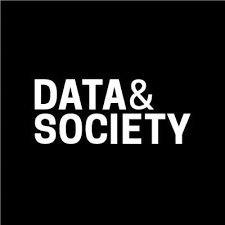
Behind the Data: data, human values, and society
We’re back, after a long and restful break, with a brand new season of Technically Human! In our first episode of the season, I am joined by a guest cohost, Dr. Morgan Ames, for a conversation with Janet Haven, Executive Director of Data and Society. We talk about the movement to root data and AI practices in human values, the future of automation, and the pressing needs—and challenges—of data governance.

Returning the Power of AI to the People
In this conversation, I talk to Personal AI CEO Suman Kanuganti about the concept of memory and the transformation of this concept in the context of digital technologies; we talk about the challenges of, and possibilities, for creating accessibility technologies, and Suman shares his vision of returning data ownership to the people.

Indigeneity in the Digital Age
Welcome to another episode of the "22 Lessons on Ethics and Technology" series!
In this episode, I sit down with Jason Edward Lewis to talk about how Indigenous peoples are imagining the futures while drawing upon their heritage. How can we broaden the discussions regarding technology and society to include Indigenous perspectives? How can we design and create AI that centers Indigenous concerns and accommodates a multiplicity of thought? And how can art-led technology research and the use of computational art in imagining the future?

Technology and Genocide: What the Holocaust can tell us about perils of technological utopianism
Welcome back for another episode in the "22 Lessons on Ethics and Technology Series!
In this episode of the series, I speak to Dr. Eric Katz, and we take on the common utopian mythology of technology as inherently progressive, focusing specifically on the frequent slide from utopianism into terror. We talk about the uses of technology during the Holocaust and the specific ways in which scientists, architects, medical professionals, businessmen, and engineers participated in the planning and operation of the concentration and extermination camps that were the foundation of the 'final solution'. How can we think about the claims of technological progress in light of the Nazi's use of science and technology in their killing operations? And what can we learn from the Nazi past about how our commitment to a vision of technological progress can go horrifically wrong?

Instituting Integrity: The rise of the integrity worker collective
Today I’m sitting down with Talha Baig to talk about a new to me organization, the Integrity Institute. On the show, I’ve spent a lot of time talking about what I see as a new workforce emerging in the tech sector, of people working in jobs in the tech sector to try and understand, assess, and mitigate some of the harms caused by technologies. That’s why I was excited to learn about the Integrity Institute, a cohort of engineers, product managers, researchers, analysts, data scientists, operations specialists, policy experts and more, who are coming together to leverage their combined experience and their understanding of the systemic causes of problems on the social internet to help mitigate these problems. They want to bring this experience and expertise directly to the people theorizing, building, and governing the social internet. So I wanted to talk to Talha, who hosts the Trust in Tech podcast out of the institute, about the concept, the function, and the future of integrity work.

How We Breathe: how technology is changing approaches to ventilation
Between 2020 and 2022, I spent a lot of time reading about ventilators. So did a lot of the country. News coverage of the pandemic talked about everything from the serious shortage in ventilators around the country to new technologies available that might help save lives by helping victims of the virus breathe.
From the pandemic that started in March of 2020, to the wildfires in California in August of that same year that made it difficult to take the outside air, I have spent a lot of time over the last few years thinking about breathing, that simple and essential activity that we’ll do, mostly unconsciously, throughout our lives. And how that activity of breathing is, at this moment in history, connected to technology. That’s why I wanted to talk to Aurika Savickaite, an- Acute Care Nurse Practitioner and medical professional at the University of Chicago who has spent her entire career providing top-quality patient care and advocating for the use of helmet-based ventilation to improve healthcare outcomes.
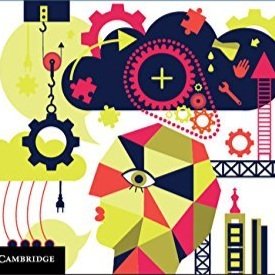
Technically Human Rights: How technologies are changing the state of human rights
Welcome back to another episode in the “22 Lessons on Ethics and Technology for the 21st Century” series. In this episode of the series, we take a deep dive into the history of how technology intersects with human rights. My thinking on ethics and technology has human rights at its foundations, so I was particularly excited to sit down with Dr. Jay Aronson, one of the leading thinkers on science, technology, and human rights. We explore how technologies have coincided with the development of human rights in ethical and political terms, and we look at the role that technologies play in our contemporary moment in enforcing human rights--and violating them.

The Global Technological Imaginary: Sci-Fi, Tech, and the Ethics of Representation
Welcome back to a brand new season of “Technically Human!” Today’s episode features another conversation in the "22 Lessons on Ethics and Technology" series.
I teach science fiction as a way of thinking about ethics and technology, because I fundamentally believe that before we can build anything, we first have to imagine it. Science fiction is at the core of so many of our technological innovations, offering us utopian visions of how the world could be, or how our values might be captured and catapulted by new technologies—or dystopias about how technology’s promise can go terribly, horribly wrong. So I was thrilled to talk with Professor Lisa Yaszek, one of the world’s leading experts on science fictions, for this episode, about the role of science fiction in creating a global imaginary about technology that crosses centuries, continents, and cultures.

Zoom Fatigue: Distance Learning and Social Engagement in the Age of Social Distancing
Welcome back to another episode of the 22 lessons on ethics and technology series, in a conversation with Dr. Judith Kalb about the growth of online education and technologies of virtual meeting.
How have our human interactions changed with the introduction, and normalization, of online meetings? How have virtual technologies transformed our relationships to one another, and to the information we exchange when we meet? What are the ethics of learning and the transformation of what it means to learn, to teach, and to interact with our colleagues, students, and bosses online?
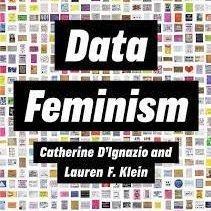
Data Feminism
Welcome back, for another episode of the “22 Lessons on Ethics and Technology” series. In this episode, I speak with Dr. Lauren Klein about the complicated relationship between data, race, and gender, and what she calls “data feminism.” What is the relationship between data visualizations, representation, and construction of categories—and difference? How have visualizations constructed race and gender? And how can a feminist data science approach help in constructing a more just and equal world?
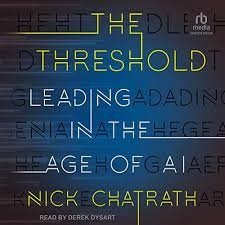
The Threshold: Leading in the Age of AI
In this episode, I speak with Dr. Nick Chatrath about the crucial role that leadership plays in the future of AI development. We talk about organizational culture, the very human leaders driving technological production, and why human independent thinking matters more than ever, in the age of artificial intelligence.

The Ethics of the Blockchain
Today’s episode features a conversation with Medha Parlikar, about the ethics of the blockchain and cryptocurrency. We talk about the vision of what cryptocurrency could be, what dangers it might pose to our values, and what the future of cryptocurrency might look like in a web-3 world.

Computing Women: Gender Disparity in STEM Education
We’re back for another installment of the “22 Lessons on Ethics and Technology” special series. In this week’s episode of the series, I am joined by Dr. Mar Hicks. This episode tells the story of labor and gender discrimination in the tech industry. Dr. Hicks explains the historical background of gendered technological production that has influenced the development of computing. In her historical outline, she explains that while women were a hidden engine of growth in high technology from World War II to the 1960s, American and British computing in the 1970s experienced a gender flip, becoming male-identified in the 1960s and 1970s. What can this history teach us about the need for gender equity in technological production now? And what are the consequences of continued gender inequity for our future?
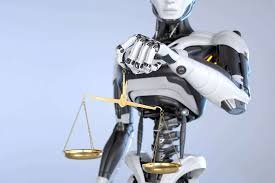
Human First AI
In this week's episode, I am joined by Dr. Christopher Nguyen. We talk about the emerging concept of "human first AI," and the changing terrain of both AI ethics, and AI development. We imagine what a human-first approach to AI might look like, and what gets in the way of developing an ethical approach to AI in the tech industry.
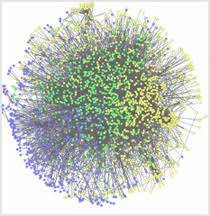
Science for the 21st Century: Understanding Systems Biology
This week, I turn my mic over to a guest host, for an interview with Dr. Jared Roach about the growing field of systems biology, an interdisciplinary field of study taking over the biological sciences, focused on complex interactions within biological systems. How can we update the study of biology for the 21st century? How can computational and mathematical analysis help us understand biological systems? And what can we newly see or understand about ourselves if we the way that complex networks interact within our bodies?

The Diversity Challenge: Race, gender, and how the histories of medicine and technology got made
In this week's “22 Lessons on Ethics and Technology" special series, I sit down with Dr. Evelynn Hammonds to talk about how race and gender have shaped the histories of science, medicine, and technological development.

The Ethic of Life
This week, we continue our “22 Lessons on Ethics and Technology series” with a conversation with Dr. John Basl about how our relationship with tech is changing what he calls an “ethic of life, an ethical perspective on which all living things deserve some level of moral concern.
